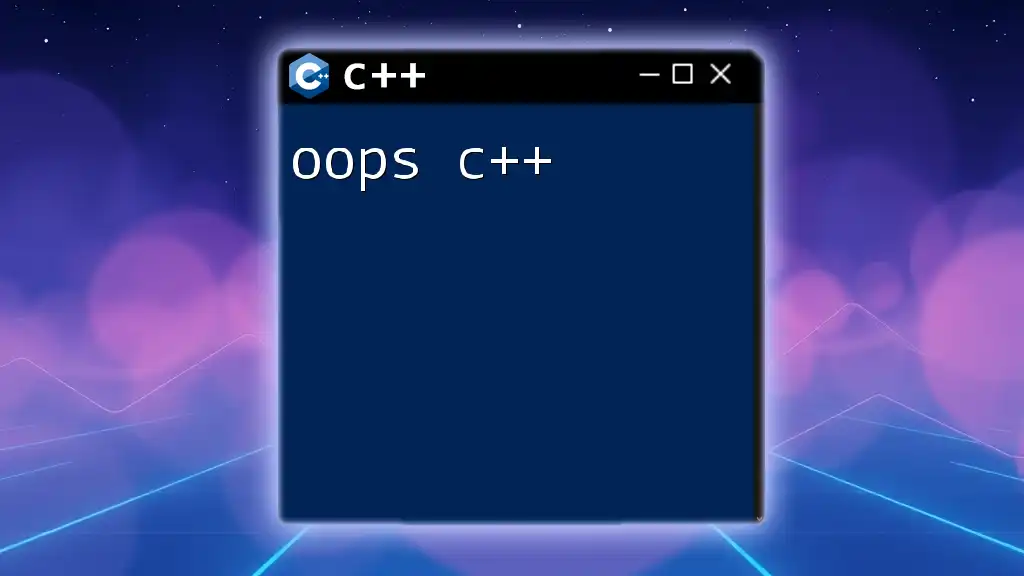Introduction
C++ is a powerful programming language that supports the principles of Object-Oriented Programming (OOP). These principles help developers create modular, reusable, and maintainable code by modeling software around real-world objects.
Core OOP Concepts in C++
1. Classes and Objects
- Class: A blueprint defining properties (attributes) and behaviors (methods).
- Object: An instance of a class representing a specific entity.
Example:
1 2 3 4 5 6 7 8 9 10 11 12 | |
2. Inheritance
Inheritance allows a class (derived class) to inherit attributes and methods from another class (base class), promoting code reuse.
Example:
1 2 3 4 5 6 7 8 9 10 11 12 13 | |
3. Polymorphism
Polymorphism enables entities to take multiple forms, typically implemented via method overriding, allowing derived classes to provide specific implementations.
Example:
1 2 3 4 5 6 7 8 9 10 11 12 13 | |
4. Abstraction
Abstraction hides complex implementation details and exposes simpler interfaces, facilitating easier usage and understanding.
5. Encapsulation
Encapsulation involves bundling data and methods operating on the data within a class while restricting direct access to some components for safety.
Importance of OOP in C++
- Encourages modular design.
- Simplifies maintenance and updates.
- Supports real-world modeling.
- Widely used in system software, games, and application development.
Mastering these concepts in C++ lays a strong foundation for writing efficient and scalable software.

